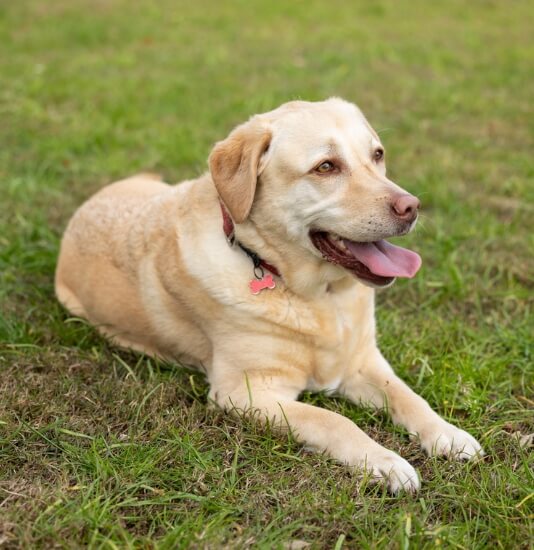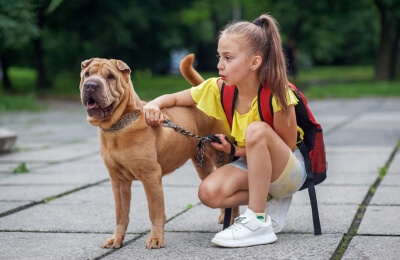Adamstown Bar Beach Belair Broadmeadow Carrington Cooks Hill Georgetown Hamilton The Hill Islington The Junction Kotara Lambton Lambton Gardens Maryville Mayfield Merewether Newcastle New Lambton Rankin Park Tighes Hill Wickham Hillsborough Belmont North Bennetts Green Charlestown Charlestown East Charlestown South Dudley Eleebana Floraville Garden Suburb Highfields Jewells Kahibah Lakelands Macquarie Hills Mount Hutton Redhead Speers Point Tingira Heights Valentine Warners Bay WhitebridgeAdamstown Bar Beach Belair Broadmeadow Carrington Cooks Hill Georgetown Hamilton The Hill Islington The Junction Kotara Lambton Lambton Gardens Maryville Mayfield Merewether Newcastle New Lambton Rankin Park Tighes Hill Wickham Hillsborough Belmont North Bennetts Green Charlestown Charlestown East Charlestown South Dudley Eleebana Floraville Garden Suburb Highfields Jewells Kahibah Lakelands Macquarie Hills Mount Hutton Redhead Speers Point Tingira Heights Valentine Warners Bay Whitebridge
Testing & Training of School Therapy Dogs
School Support Dog Training Newcastle
Did you know your dog could make a significant impact in the lives of school students in NSW?
With the right training and education, you and your dog can change lives forever. It’s a service that money just can’t buy and will provide real mental health and wellness benefits for school students whose lives you will both touch.
The Process

Expanding Beyond Schools
Interested in training your dog as a therapy dog for broader applications (visiting hospitals, aged care centres or even therapy dogs to use at your workplace)?
Reach out to us via our contact page, and we’ll help you navigate that path.
Flexible Learning Options: You can access our lessons either face-to-face at our home office in Kotara or conveniently through online Zoom/Teams sessions. You can also request on-site sessions for an additional fee.
Empower your dog to make a positive impact in the school community. Start the journey with our School Support Dog Training. Book an Initial Assessment today!



